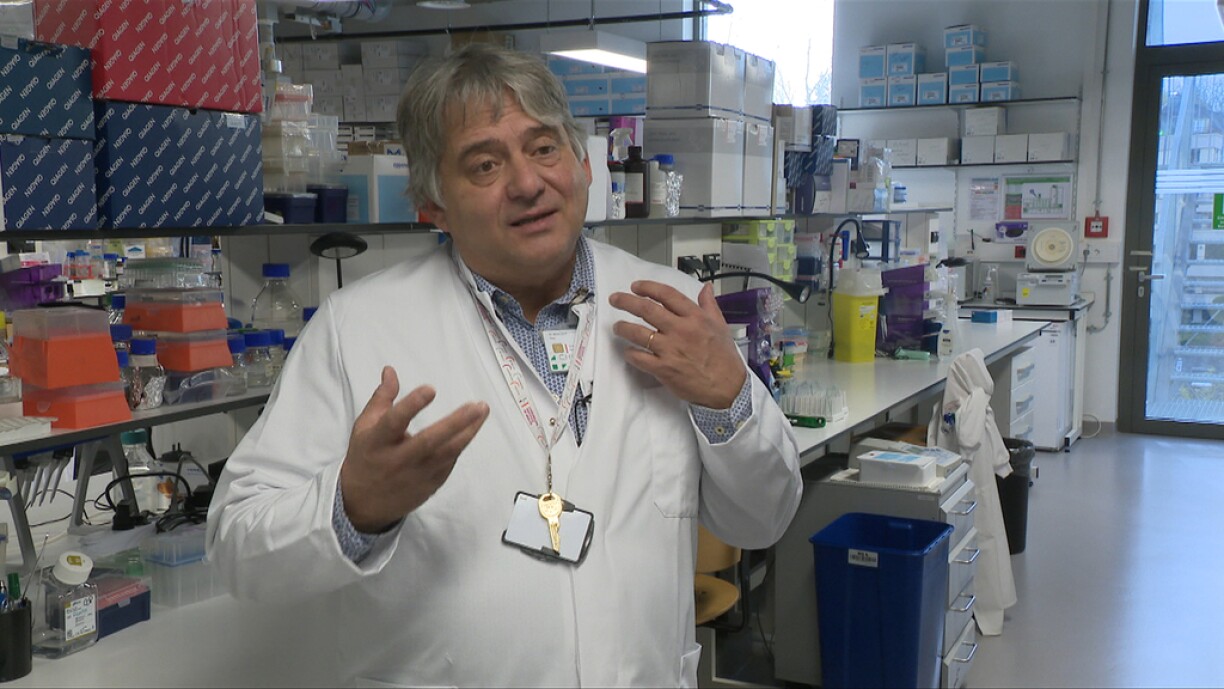
According to a new study, published on 22 October in the scientific journal Nature, the mRNA COVID-19 vaccine could, in certain cases, have a beneficial influence on treatment outcomes for cancer patients.
Specifically, vaccination may help immunotherapy work more effectively, explains oncologist and cancer researcher Dr Guy Berchem, who reviewed the study.
These positive side effect for cancer patients were, however, discovered by chance.
The study suggests that if a cancer patient received immunotherapy within 100 days of getting the mRNA vaccine, the treatment was more likely to be successful, and the patient lived significantly longer than those who underwent the same therapy without prior vaccination.
The likelihood of surviving after three years strikingly almost doubled among vaccinated patients.
Although these are only preliminary findings based on data from around 1,000 patients, they indicate that vaccination does not negatively interfere with immunotherapy, Dr Berchem finds, who is also the medical director of the Centre Hospitalier de Luxembourg (CHL).
Whether they can receive a vaccine while undergoing immunotherapy is a question that is often asked by cancer patients, due to concerns that vaccination might counteract the effects of immunotherapy. However, the new data suggest that it may actually strengthen its effects.
Immunotherapy, as the name suggests, does not directly target the tumour but rather activates the immune system. As Dr Berchem explains, tumours can effectively “put the patient’s immune system to sleep.”
As a result, many tumours lack immune cells entirely. For years, researchers have been seeking ways to bring immune cells back into tumours and “wake” them up.
While these findings from the US study are new, similar observations have already been made with ordinary flu vaccines. If this hypothesis is confirmed, the effectiveness of immunotherapy could be significantly improved in the future, without major additional effort.
Further research and clinical studies, however, will be needed to confirm these results.